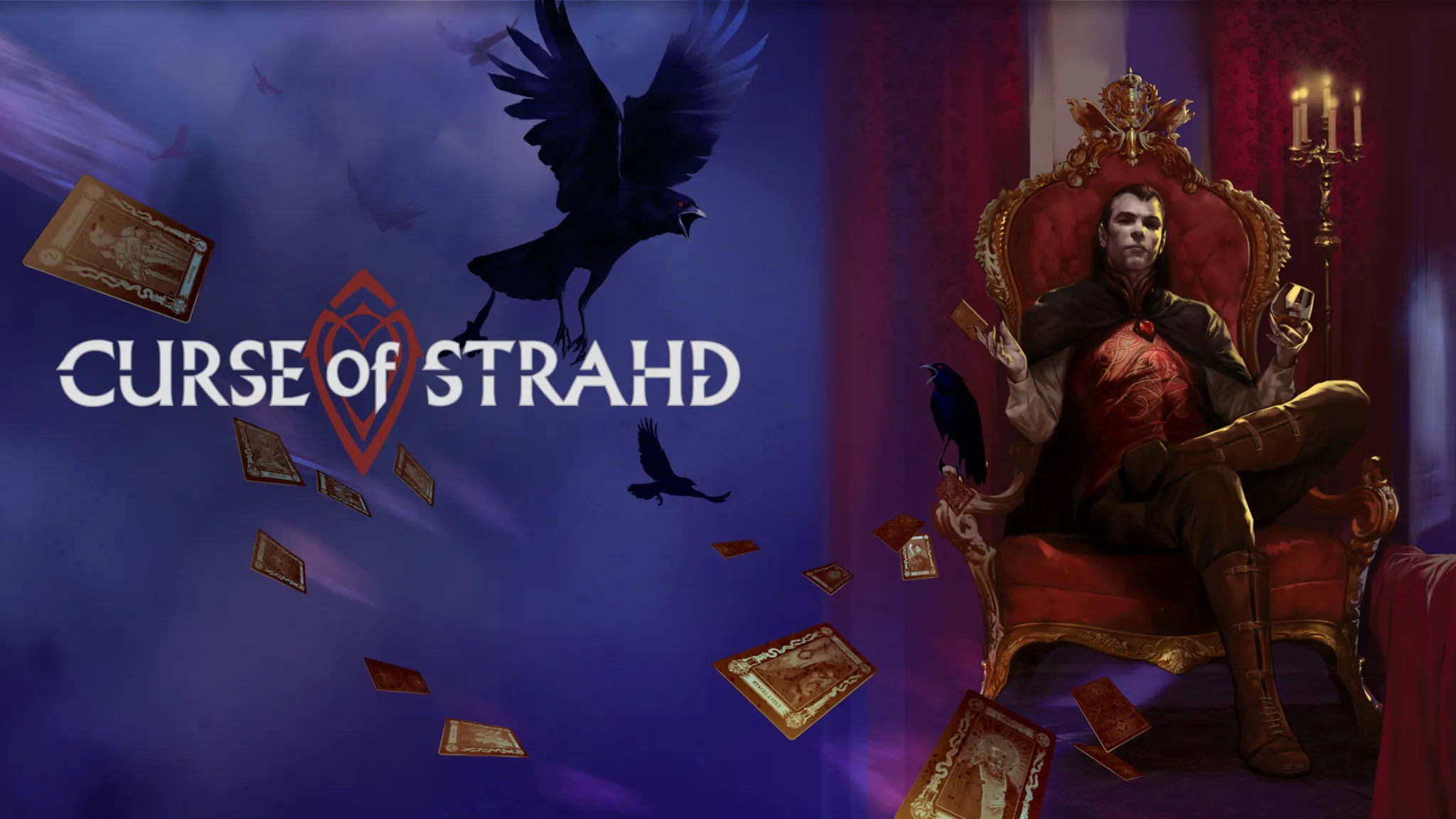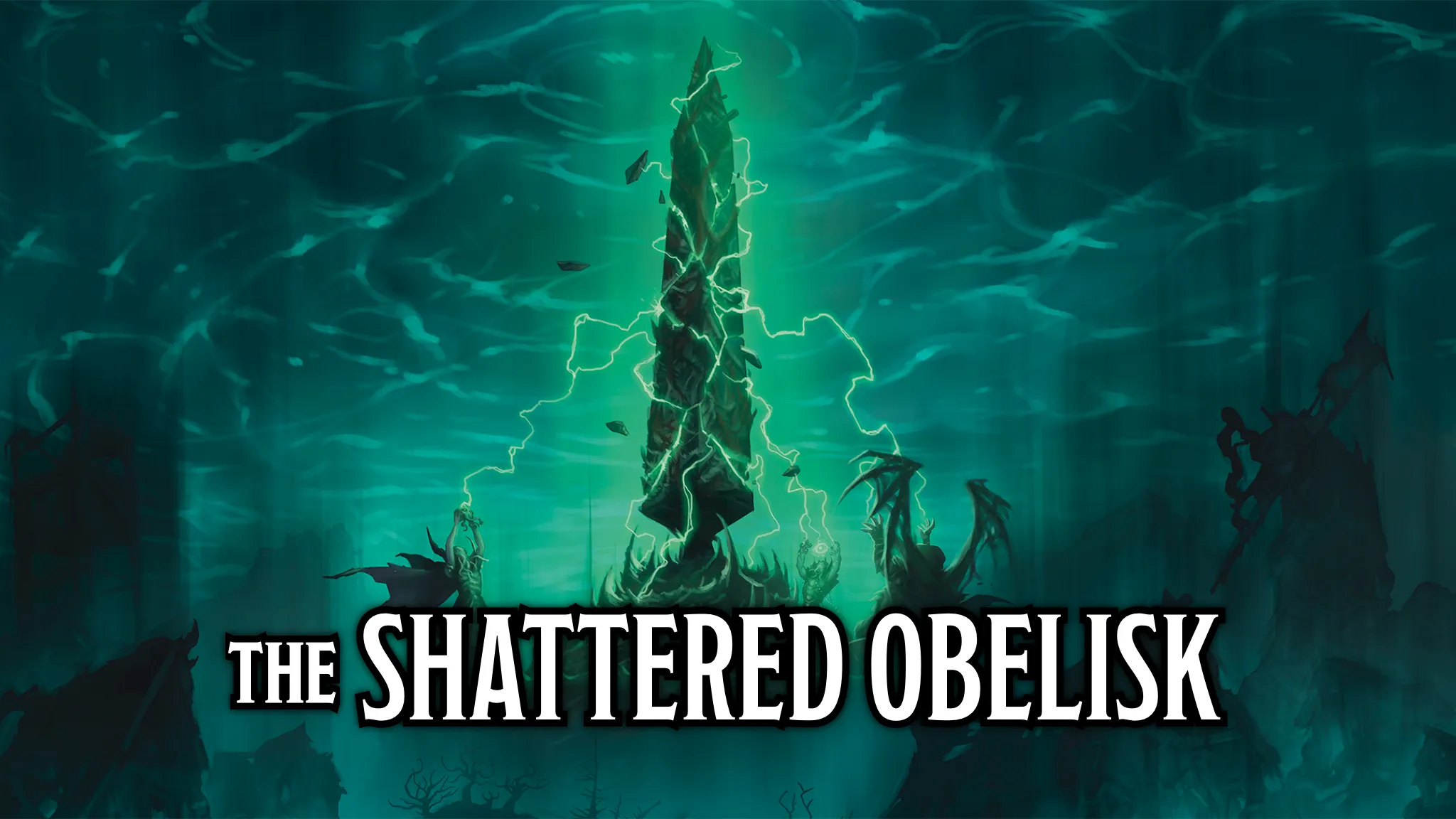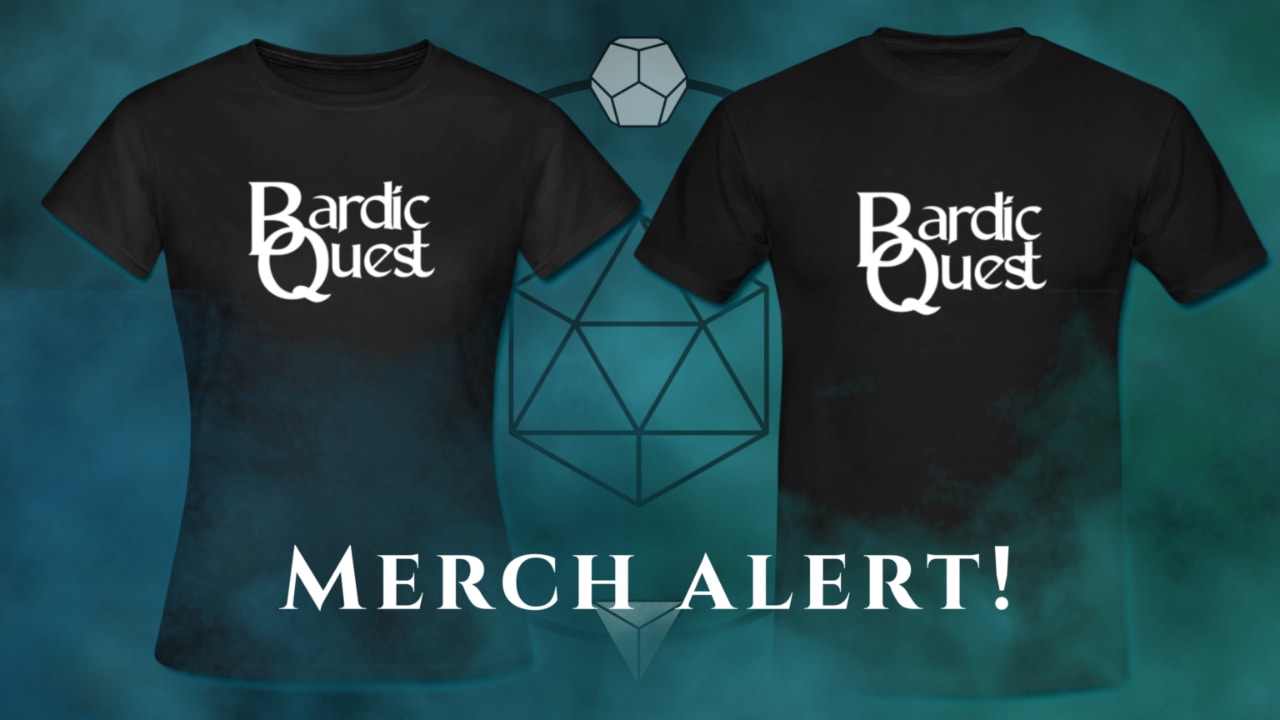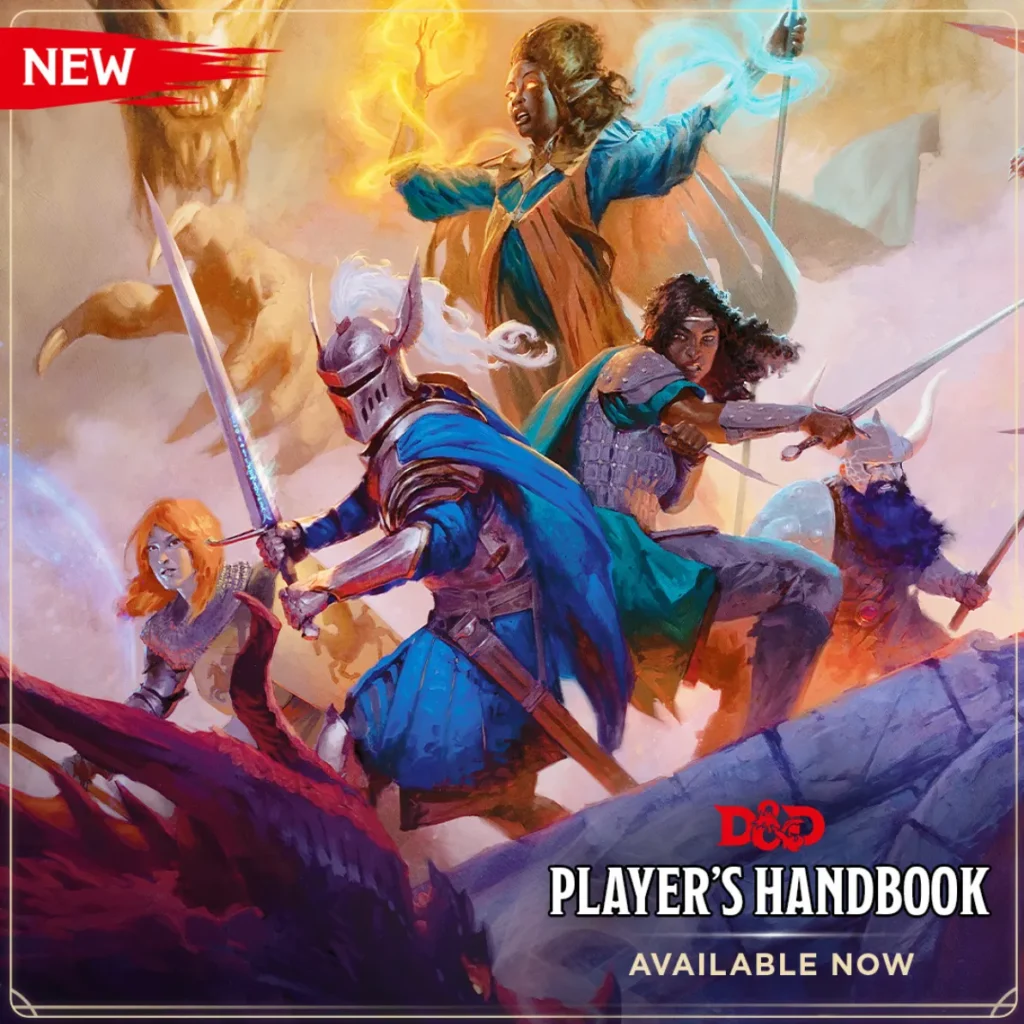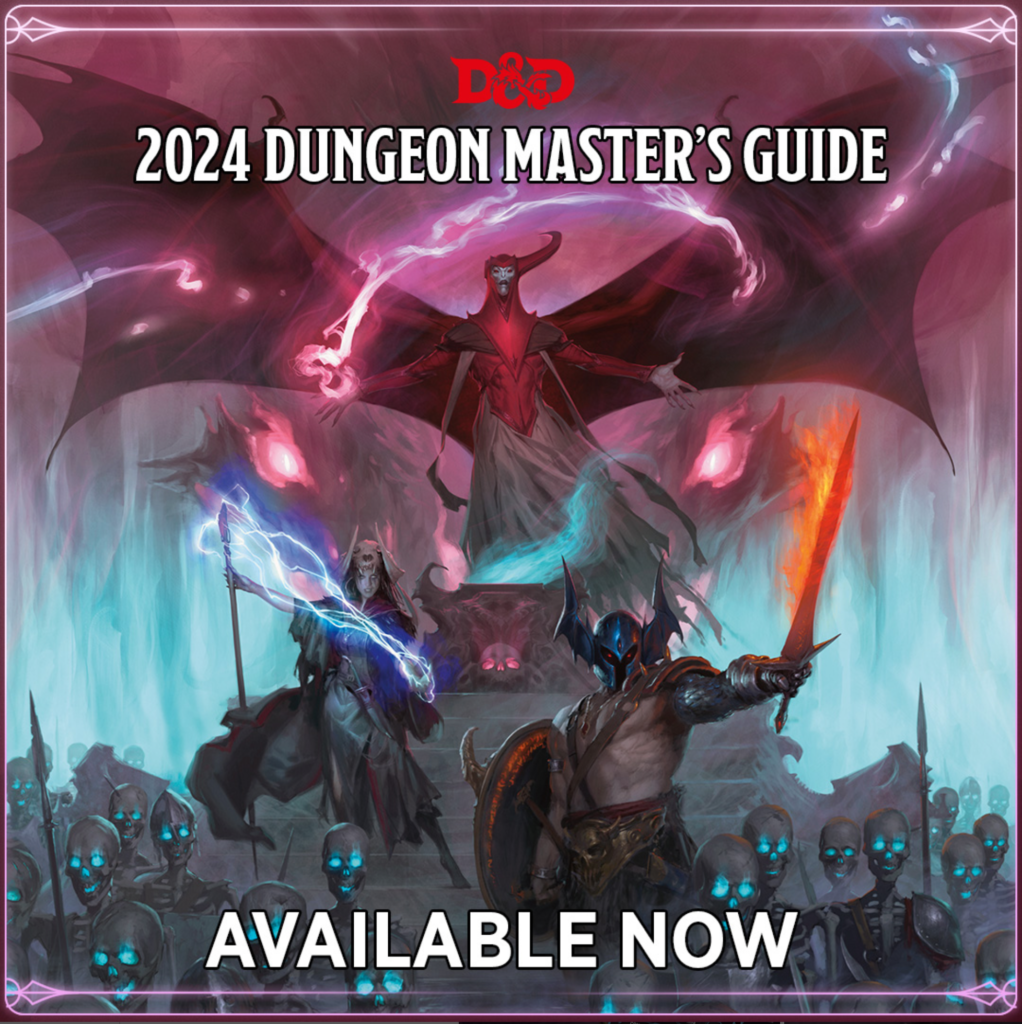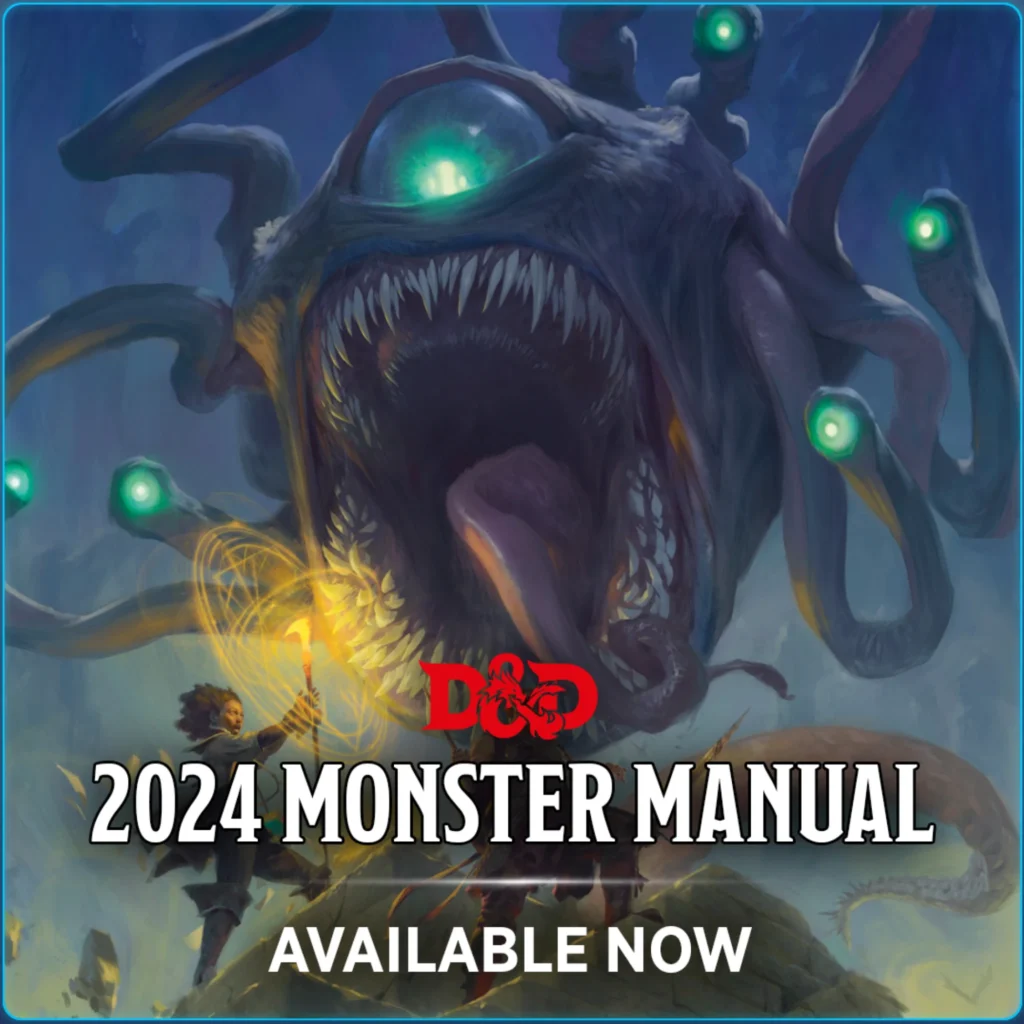Published on December 12, 2022
Written by Wayne Ingram
As you may know, we recently launched our Adventurer’s Guild (more on that later) which has meant I’ve had to become more cognisant on the social contract of D&D and what it means. Here are some of the points that became clear, and were inspired heavily by the Bardic Twinspiration podcast…
1. We are all there for the sole purpose of having fun
Dungeons & Dragons is escapism and so we all want to ensure that it is enjoyable for everyone around the table. But your fun is not the only fun that matters. There are other players too. Co-operation in achieving communal fun is expected from everyone, and people feeling as though they are left out should be avoided.
2. Be content with the game & Story not being all about you.
Remember that each player character is one of several heroes of the story. This is a group effort. Every single character in the party has something unique to offer. Even Frodo Baggins needed to take a back-seat in order for his quest to Mordor to succeed.
3. Show up
Life happens of course, and we have to acknowledge that there are things far more important than a game of dice and make-believe. However, everyone in the group has committed to carving out time in their schedule to play. In fact the Dungeon Master will have likely committed at least double the time in preparing for your session. By signing up to play you are declaring D&D as a recreational priority.
Don’t forget that your character is one of the main characters of the story, and your party needs you!
And when it is game time, pay attention. Not doing so might mean that the game goes in circles which is a waste of everyone’s precious game time. So when it does come to game time, make D&D your sole focus and eliminate distractions.
4. Accept that you have no control of the story
Even the Dungeon Master only has limited control of the story. There are so many factors that can change the trajectory of the story, including the dice, other players, the Dungeon Master and never mind the actual rules of the game.
Things may not go the way that you want or expect, but that’s the fun of it. Otherwise you may as well just watch a movie or read a book.
And yes, this means that your character may die. Villains will outsmart you and NPCs may well betray you. You must be okay with all of these.
But remember each event, and each failure is another opportunity to create an even more exciting story.
5. No one is expected to know all of the rules and game options all of the time.
There are dozens of books for Dungeons & Dragons and as good as the human brain is, no one should be expected to know all of the rules.
However, players should be expected to learn how their characters work as quickly as possible. Look at it this way, you only essentially have 3 pages of rules to learn (your character sheet). So put an effort into learning your character sooner rather than later and know what your character is capable of.
Of course, some discretion can be given here when it comes to new players!
Remember it is the Dungeon Master’s job to know how the game works as a whole, not to know how your character works.
Bonus: Make sure there are notes of the party’s exploits
As a bonus, I would highly recommend you get yourself a notebook and make notes of events, NPCs, and the world as you discover it. This can be invaluable later in the game, particular if you are reminded of something from 10 sessions ago!
Bonus: Trust and respect each other with expectations and dice rolls.
Ensure that you treat everyone around the table with respect and that you make room for them to have their fun too. Sometimes it is simply their turn to roll the dice and not yours.
